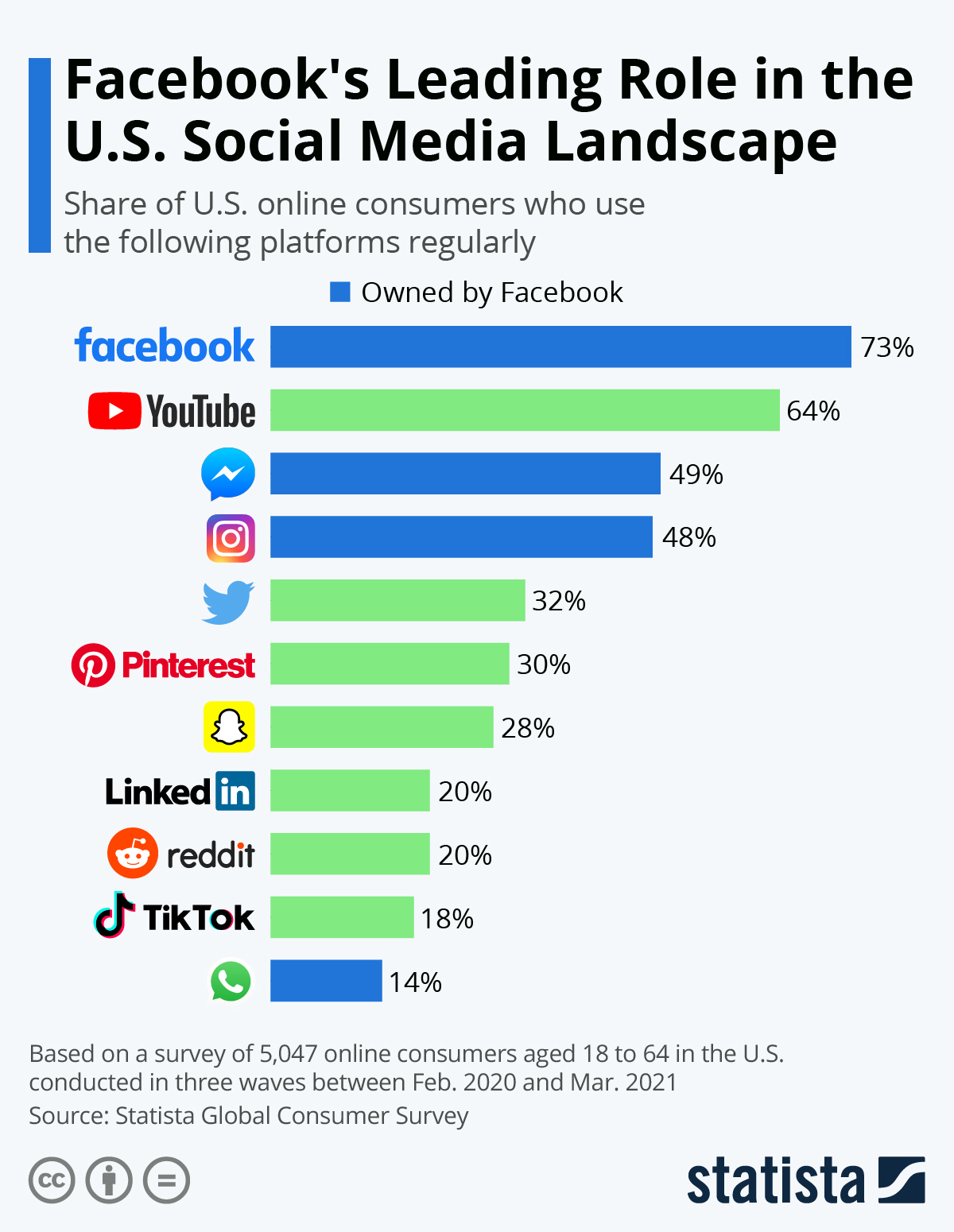A U.S. federal court ruled in favor of Facebook on Monday, dismissing antitrust complaints brought forward by the Federal Trade Commission and 48 state attorney generals. The complaints argued that Facebook was illegally maintaining a monopoly in the market for “personal social networking services” and called for the divesture of Instagram and WhatsApp, two platforms acquired by Facebook in 2012 and 2014, respectively.
In its rulings, the court argued that “the FTC has failed to plead enough facts to plausibly establish a necessary element of all of its Section 2 claims – namely, that Facebook has monopoly power in the market for Personal Social Networking (PSN) Services,” pointing out how difficult it is to accurately measure market share in the digital space as opposed to goods markets where “market share is measured by revenue, units sold, or some other typical metric.” Under the special circumstances, the court concluded that the FTC’s claim of Facebook holding a market share in excess of 60 percent was “too speculative” in the absence of any concrete proof. With respect to Facebook’s acquisitions, the court cited the doctrine of laches, which “precludes relief for those who sleep on their rights”, referring to the suit’s filing in December 2020, eight and six years after the contested acquisitions were made.
As the following chart, based on Statista’s Global Consumer Survey, shows, Facebook does in fact play a dominant role in the U.S. social media landscape. Considering the number of competitors, many of which have hundreds of millions of users themselves, the social media landscape does not look like a classic monopolistic market, however.




















